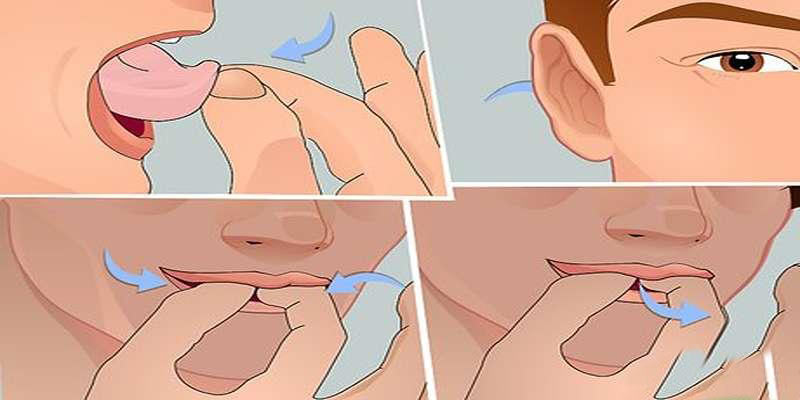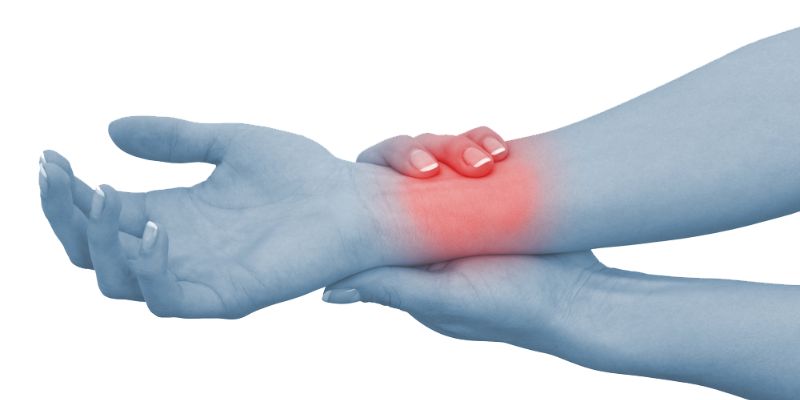Psychosis is a very complex and often misunderstood mental health condition that has puzzled both the medical community and society for centuries affecting millions of people worldwide.
An extensive term that encompasses a variety of conditions as well as events that impact a person's thoughts, emotions, and reality perception. It can be a terrifying and perplexing situation for people who struggle with it, as well as a subject of anxiety for those who care for them but can undergo psychosis supportive therapy which will help them out this phase.
Defining Psychosis
What is Psychosis? It a syndrome, which is not a single disorder, defined by an absence from reality and a variety of symptoms that significantly disturb a person's pondering, feelings and behavior.
Psychosis is distinguished by a dissociation from reality, which results in a distorted sense of the world. This disconnection can manifest in a variety of ways, including:
- Hallucinations: Sensory perceptions that are not grounded in reality, such as hearing voices or seeing things that others cannot.
- Delusions: Strongly held false beliefs that are resistant to reason or contrary evidence, often involving paranoia, grandiosity, or persecution.
- Disorganized thinking: Chaotic thought processes that make it difficult for individuals to express themselves coherently or maintain logical conversations.
- Disorganized or abnormal motor behavior: Unusual and unpredictable physical movements or behaviors, such as agitation, catatonia, or bizarre postures.
Causes of Psychosis
Photo by Sydney Sims on Unsplash
Identifying the underlying causes of psychosis is essential for appropriate diagnosis and treatment. It's important to note that psychosis is not a condition in itself but rather a symptom of underlying factors. Some of the key contributors to psychosis include:
Mental Health Disorders: Psychosis often occurs as a symptom of other mental health conditions, such as schizophrenia, bipolar disorder, or severe depression.
Substance Abuse: The use of drugs or alcohol, particularly hallucinogens, can induce temporary psychotic episodes.
Neurological Conditions: Certain neurological disorders, such as Alzheimer's disease or brain injuries, may lead to psychosis.
Stress and Trauma: Excessive stress, trauma, or major life events can trigger psychotic episodes in vulnerable individuals.
Genetic Factors: Genetics play a role in predisposing some individuals to psychosis, especially in cases of familial mental health disorders.
Environmental Factors: Environmental stressors, such as childhood adversity or urban upbringing, can increase the risk of psychosis.
Symptoms of Psychosis
Psychosis manifests differently in each individual, making it challenging to pinpoint a precise set of symptoms. However, some common signs and symptoms include:
- Hallucinations: Hearing, seeing, feeling, or even smelling things that are not present.
- Delusions: Holding irrational beliefs, often with strong conviction, despite evidence to the contrary.
- Disorganized Thinking: Thoughts becoming jumbled or chaotic, making it difficult to communicate or follow a logical sequence of ideas.
- Disorganized or Abnormal Behavior: Unpredictable and bizarre actions or movements, which can range from agitation to immobility.
- Negative Symptoms: A decrease in emotional expression, motivation, and social engagement, often associated with schizophrenia.
6. Cognitive Impairment: Difficulty with memory, attention, and problem-solving.
Types of Psychotic Disorders
Schizophrenia: Perhaps the most well-known psychotic disorder, characterized by a range of symptoms, including hallucinations, delusions, and disorganized thinking.
Schizoaffective Disorder: A combination of schizophrenia and mood disorders, where individuals experience both psychotic symptoms and mood disturbances, such as depression or mania.
Bipolar Disorder with Psychotic Features: Individuals with bipolar disorder may experience episodes of psychosis during manic or depressive phases.
Substance-Induced Psychosis: Psychotic symptoms triggered by substance abuse, which typically resolve when substance use is discontinued.
Diagnosis and Assessment
Psychosis is normally diagnosed through a full assessment by mental health specialists.
Key elements of this assessment include:
- Clinical Interviews: In-depth discussions with the individual to gather information about their experiences and symptoms.
- Psychological Testing: Standardized tests to evaluate cognitive functioning, personality traits, and emotional well-being.
- Medical Evaluation: Ruling out underlying medical conditions or substance use that may contribute to psychosis.
- Observation: Monitoring the individual's behavior, appearance, and communication patterns.
- Family History: Gathering information about family history of mental health issues to assess genetic risk factors.
Treatment Options

Photo by Hal Gatewood on Unsplash
Medication
Antipsychotic Medications: These drugs are often the first line of treatment for psychosis and can help manage symptoms by targeting neurotransmitter imbalances.
Mood Stabilizers: In cases where psychosis is linked to mood disorders, medications like lithium or anticonvulsants may be prescribed.
Antidepressants: If depression accompanies psychosis, antidepressants may be used to address both conditions.
Psychotherapy
Cognitive Behavioral Therapy (CBT): CBT can help individuals with psychosis manage their symptoms, identify delusional thinking, and improve coping skills.
Family Therapy: Involving family members can be crucial in providing support and understanding to individuals with psychosis.
Hospitalization: In severe cases or during acute psychotic episodes, hospitalization may be necessary to ensure safety and provide intensive treatment.
Rehabilitation Services: Psychosocial rehabilitation programs help individuals with psychosis regain skills for daily living and community integration.
Recovery and Coping
Although psychosis can be a difficult condition to manage but with the help of psychosis supportive therapy, with the correct treatment and support, many people can live productive lives. A solid support system, dedication to treatment regimens, and lifestyle changes can all help in rehabilitation.
Psychosis is a complex mental health disorder that requires an interdisciplinary approach to diagnosis and treatment. Recognizing its causes, signs and symptoms, and potential therapies is critical for persons who suffer with it as well as the community that supports them.
Individuals suffering from psychosis can recover and live meaningful lives with prompt treatment and adequate care.
FAQs
Is psychosis a form of coping?
Psychotic symptoms can be interpreted as a natural defensive mechanism or protective reaction to stressful situations. This is consistent with the fact that psychotic symptoms are most common throughout adolescence.
What is the source of psychosis?
Disruption of these critical brain functions may explain psychotic symptoms. Brain scans and the fact that medications known to reduce dopamine effects in the brain also reduce psychotic symptoms provide evidence supporting the importance of dopamine in psychosis.
How is psychosis diagnosed?
There is no test that can definitively identify psychosis. Your doctor, on the other hand, will inquire about your symptoms and possible causes. For example, they may inquire as to whether you are taking any medications.




